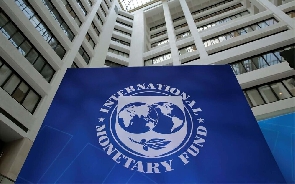The International Monetary Fund (IMF) has explained the reasons behind the conditionalities it gives to countries who are seeking its support for a financial bailout.
Among the reasons are to help these countries solve their balance of payments problems and also help them to adopt strong and effective policies.
“These policy adjustments are conditions for IMF loans and help to ensure that the country adopts strong and effective policies,” the Fund said in a statement.
The institution further noted that countries are given these conditions to guide their progress toward their intended goals.
“Conditionality is included in financing and non-financing IMF programs with the aim to progress towards the agreed policy goals”, it added.
The IMF explained that member countries that borrow from it have primary responsibility for selecting, designing, and implementing policies to make their economic programme successful.
The program is described in a letter of intent, which typically includes a memorandum of economic and financial policies for a more detailed description of the policies. The objectives and policies of the programme depends on a country’s circumstances.
However the IMF said, “the overarching goal is always to restore or maintain the balance of payments viability and macroeconomic stability while setting the stage for sustained, high-quality growth.
“For low-income countries, there is an additional objective of reducing poverty,” it concluded.
SSD/MA
Business News of Friday, 10 March 2023
Source: www.ghanaweb.com

















